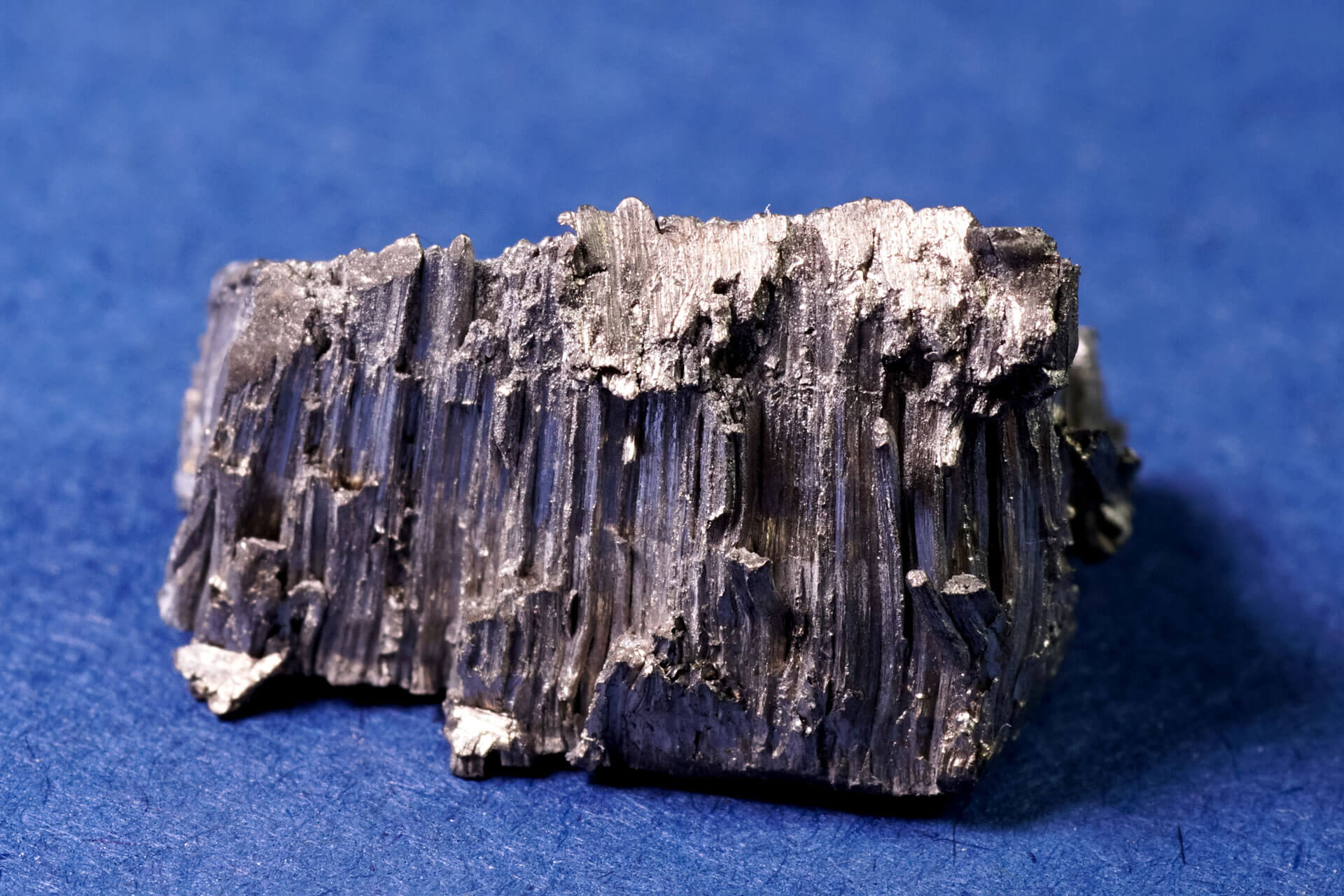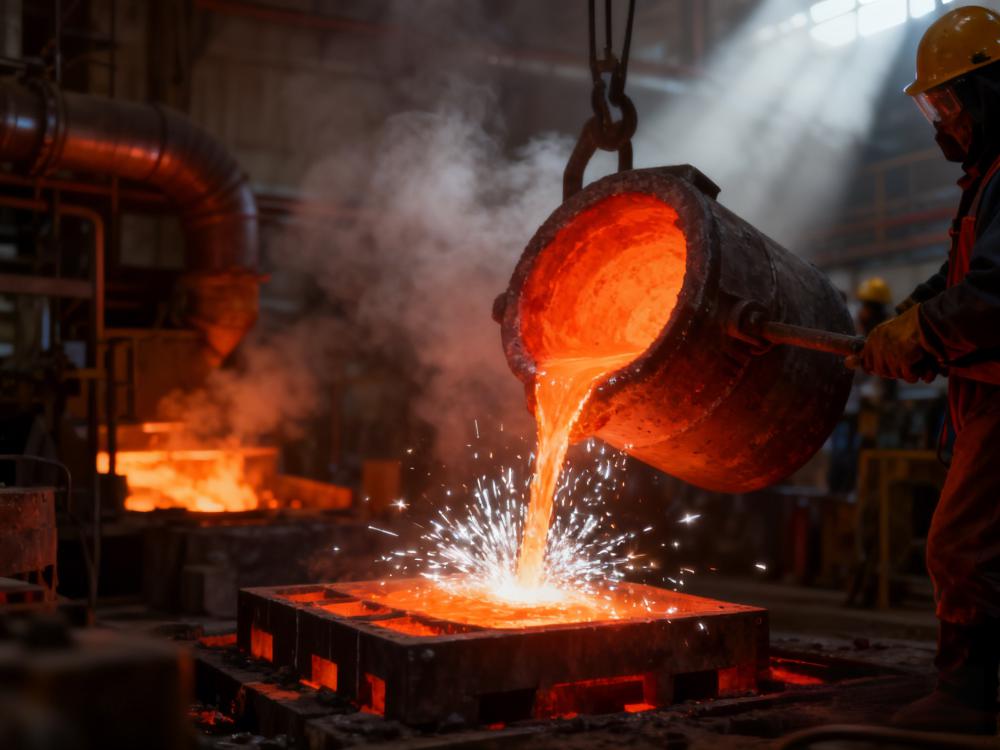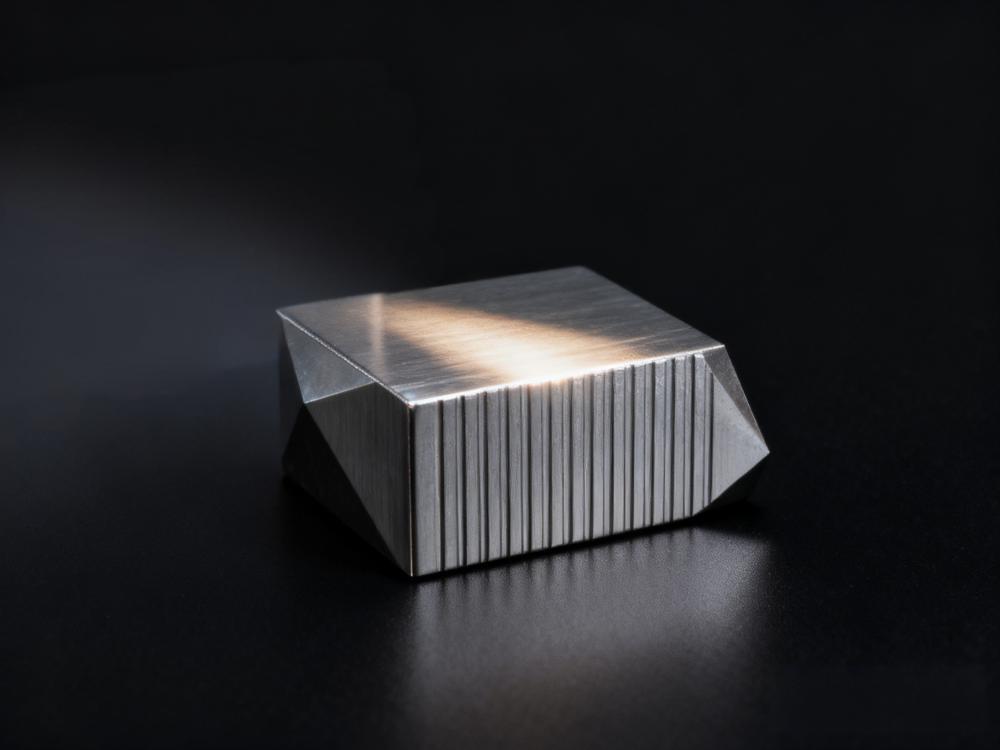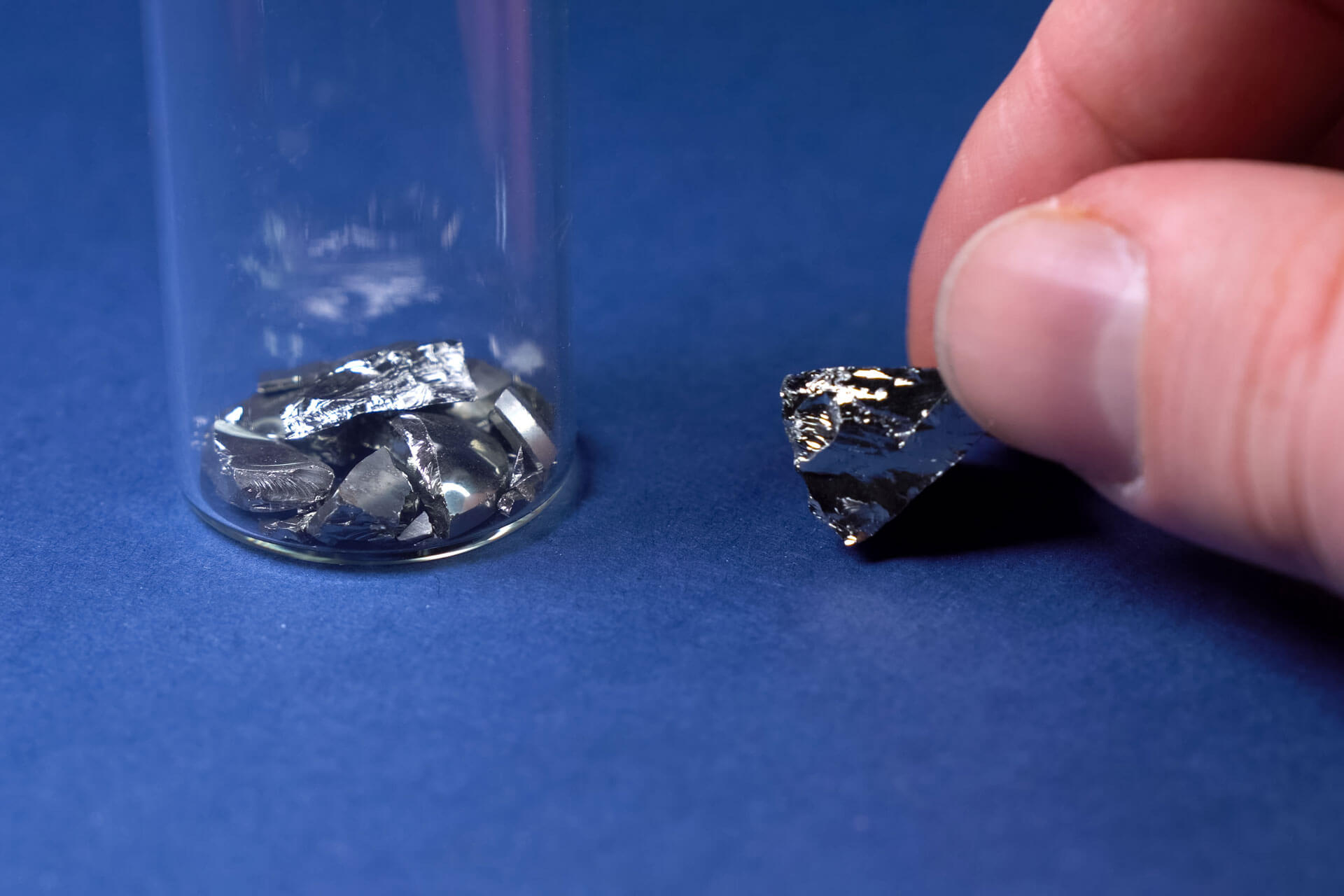SMM News on June 5: On April 4, the Ministry of Commerce and the General Administration of Customs jointly issued an announcement to implement export controls on seven categories of medium-heavy rare earth items, including samarium, gadolinium, terbium, and dysprosium, covering various forms such as metals, alloys, and permanent magnet materials. Rare earth permanent magnets play a crucial and irreplaceable role in automotive motors, especially high-performance rare earth permanent magnets, and China holds over 80% of the global rare earth smelting capacity. It is reported that most automakers typically maintain a 2-4 month inventory of rare earth raw materials. Currently, the export controls on rare earths have been in place for over two months, and some overseas automakers' inventories of rare earth raw materials have been depleted. The European Association of Automotive Suppliers stated that due to severe shortages of rare earth materials and magnets, some European automotive parts suppliers have suspended several production lines. If China cannot quickly resume exports, more production lines will face the risk of shutdown.
From the perspective of rare earth permanent magnet export data, exports of rare earth permanent magnets fell by more than 50% MoM in April, hitting a record low in rare earth permanent magnet export data over the past five years. Automakers from multiple countries have expressed their hope for China to accelerate the approval of rare earth exports. It is understood that the current controls on rare earths are only targeted at raw materials such as metals and magnetic materials, while automotive parts like motors and other finished products are not within the scope of the controls. According to foreign media reports, several automakers are currently considering relocating part of their automotive parts production domestically to bypass China's export controls on rare earth permanent magnets.
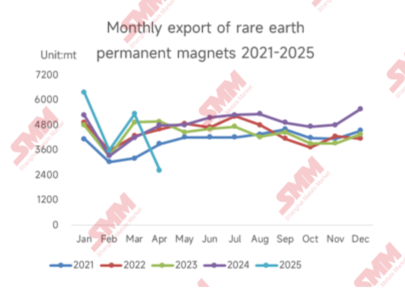
The spokesperson for the Ministry of Commerce stated that rare earths and related items have obvious dual-use characteristics for both military and civilian purposes, and implementing export controls on them is an international common practice. The Chinese government reviews export license applications for dual-use items in accordance with laws and regulations. Applications that meet the requirements will be approved to facilitate compliant and convenient trade.
Some upstream industry players believe that this news may imply an acceleration in the approval of export licenses and have raised their quotes for rare earth raw materials accordingly. However, according to magnetic material enterprises, the export controls on rare earths will not be relaxed, and downstream industries find it difficult to accept the rapid increase in rare earth raw material prices. According to an SMM survey, as of now, although the supply of low-priced Pr-Nd products has significantly tightened, market trading volume remains low, with intense back-and-forth negotiations between upstream and downstream. Most buyers are adopting a wait-and-see attitude towards the future price of rare earths.
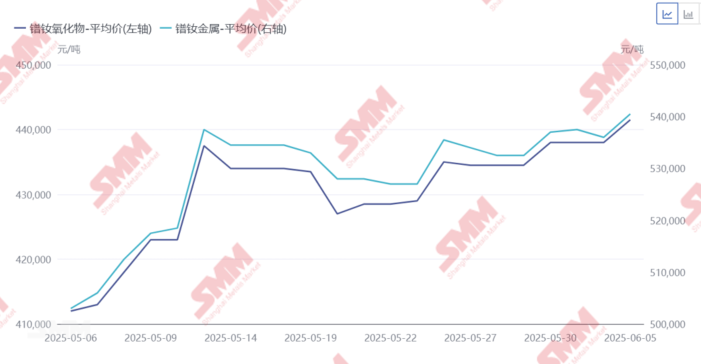
》Apply for a Free Trial of SMM Metal Industry Chain Database
